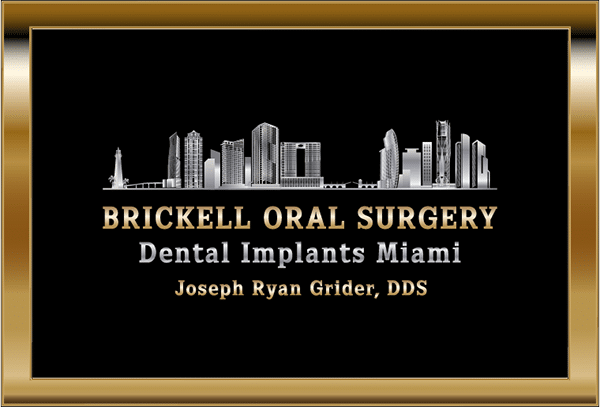Dental Implants
With many years of dental implant experience, Dr. Grider has now completed over 5,000 All-on-4/Teeth in a Day full arch replacement surgeries and is likely the most experienced surgeon in the treatment concept in the United States at this time. Additionally, he has placed over 35,000 dental implants in his career to this point with annual average of approximately 3,000. In fact, several of his new patients now come to him requesting a re-do of failing dental implant treatments performed previously by other providers. With Dr. Grider you can trust you are receiving dental implant treatment from one of the world’s most experience dental implant surgeons.
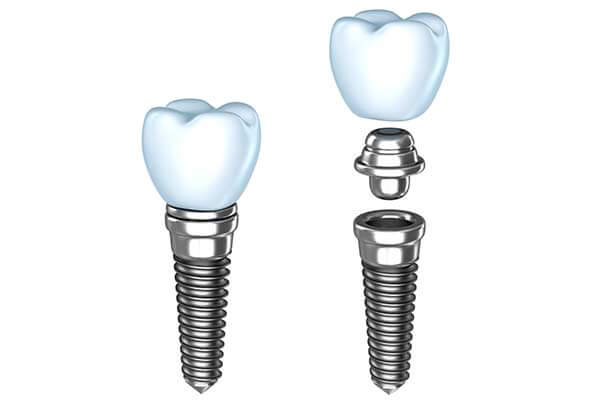
Single Tooth Dental Implants
Dental implants are small anchors made of a biocompatible metal called titanium that are placed in the jawbone. Dental implants are the replacement of tooth roots in the mouth. Once placed, the anchors begin to fuse with the bone over the course of a few months. After the fusing process, known as osseointegration, abutment posts are inserted into the anchors to allow for the permanent attachment of the replacement teeth.
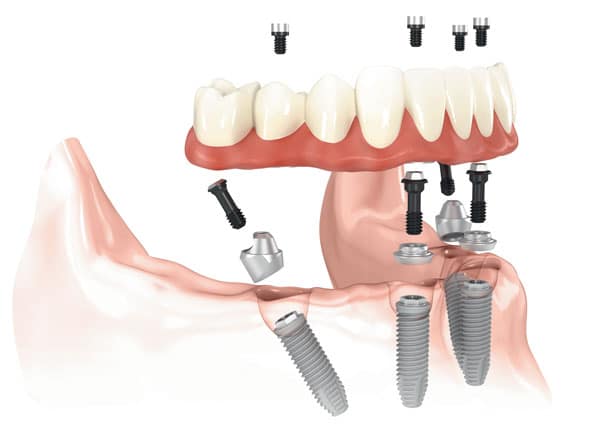
Teeth in a Day / All-on-4®
For patients who are missing all or most of their teeth, the All-on-4® treatment concept, also known as Teeth In A Day, may offer a comprehensive restorative solution. Using multiple dental implants, we can build a strong support that can be used to anchor a full arch or bridge prosthesis.
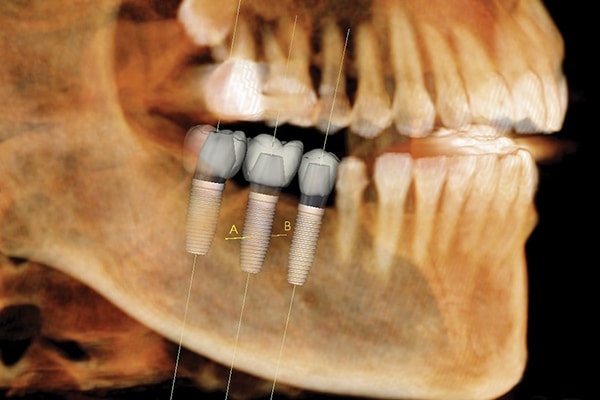
Guided Implant Placement
Using CBCT scans and restorative virtual treatment planning, along with specialized training, we are able to provide guided implant placement for our patients.
Using a virtual 3-D model or a physical model, implant placements and the following restorative work can be simulated to create the ideal patient treatment plan. These virtual plans allow Dr. Grider to take multiple aspects of implant placement and restoration into consideration, resulting in optimal aesthetics, function and longevity for the patient’s final restoration.
Once planning is complete, specialized software can be used to create a surgical guide for use during implant placement. This guide directs the exact location, angle and depth of the implant placement. The use of the guide increases the accuracy, efficiency, safety and predictability of the procedure.
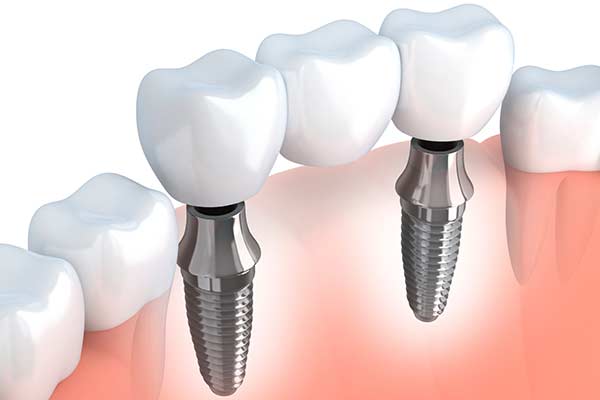
Implant Supported Bridges
An implant supported bridge is a restorative solution for spaces where three or more adjacent teeth are missing. This restoration typically requires two implants to support the porcelain bridge. The bridge provides a functional and aesthetic replacement for a patient’s natural teeth.
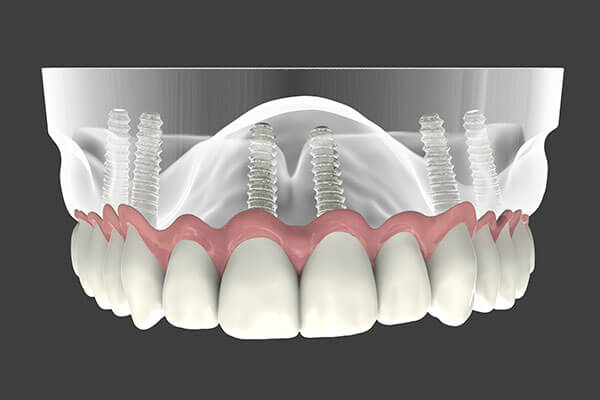
Implant Supported Dentures
For patients who are missing many or all of their teeth, implant supported dentures may be an alternative to traditional dentures. This solution requires the placement of two or more implants. In order to replace a full arch denture, a minimum of four implants is generally recommended. Eligibility for this solution is dependent upon a number of factors, with jaw bone density being one of the most significant determining factors.
Traditional dentures rely on an acrylic base that sits directly on the gums, held in place by a paste or adhesive. Using implants as supports for dentures allows for a smaller and more comfortable base and less shifting of the prosthesis during use.
Implants can support both full and partial dentures as well as both fixed and removable dentures. If a removable denture is selected, the denture will “snap” on to the implant rather than requiring the use of denture paste or adhesives. Removable dentures can be taken out for cleaning at night.

Mini Dental Implants (MDIs)
There are times when a full size implant is not a viable option, and in many cases an MDI may be a great solution. Small spaces or inadequate bone mass in the jaw may prevent the use of traditional implants. Mini Dental Implants are similar to regular implants but, as the name suggests, are significantly smaller in diameter. Dental implants typically take 2 visits and require a waiting period of a few months from the time of implant placement to the time the permanent replacement tooth can be placed. The placement of MDIs is minimally invasive, often requiring only local anesthetic and no sutures. For this reason, MDIs can often be placed with the final replacement tooth in one day.
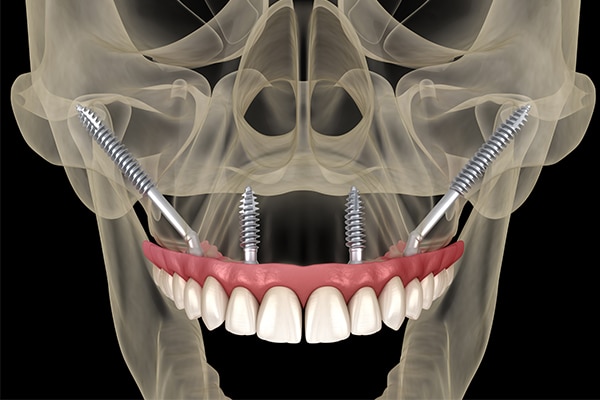
Zygoma Dental Implants
For patients with significant upper jawbone loss, a Zygoma dental implant may offer a unique solution that does not require bone grafting and moves directly to implant placement.
Dental implants typically require sufficient jawbone density and mass for secure implant placement. For patients without sufficient bone structure to support an implant, a bone graft procedure is often necessary prior to implant placement.
Longer than traditional implants, the Zygoma dental implant bypasses the jawbone and attaches the implant directly in the cheekbone, expediting both placement of the dental implant placement and the final restoration.
The Benefits & Importance of Dental Implants
Want to know more about why you should choose dental implants?
Learn More About the Benefits of Dental Implants
